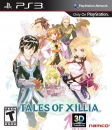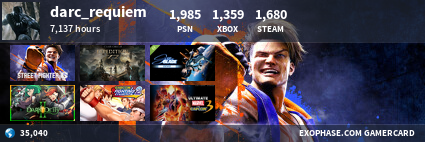Surely the future of media storage for movies and games etc.
http://news.bbc.co.uk/1/hi/technology/7057717.stm
Tiny chips flash memory advance | |
The 64 gigabit (Gb) chips could be used to make flash memory, commonly used in MP3 players, capable of holding the equivalent of 80 DVDs, the firm said. The chips are built using circuits with a minimum feature size of just 30 billionths of a metre (nanometre). Rival firm Toshiba has said it is also working with similar technology. Both firms will release products in 2009. Flash advance Flash memory is a so-called non-volatile computer memory, primarily used in memory cards, USB drives and MP3 players. Non-volatile memory retains information even when there is no power to the device. Samsung said there was currently "exploding demand" for flash memory as a storage medium in a range of applications. The new chips are designed to be used in a specific type of memory known as NAND flash. NAND is one of two types of flash memory and offers higher storage and faster speeds than the cheaper NOR flash. NOR is commonly used in low-end applications where smaller memory capacity and slower speeds are acceptable, such as in cheaper mobile phone handsets. Samsung has said that a single chip could be used in an MP3 player capable of holding 18,000 songs. Combining multiple chips would allow even greater storage, making Flash a potential rival to hard drives used in most laptops. "This has the biggest storage capacity of a single memory chip ever developed in the world," Kwon Hyosun of the firm told AFP. Toshiba announced its plans to use 30nm technology earlier this month. "Our goal is to gain an edge over rivals by supplying the most advanced chips before anyone else," a spokeswoman for Toshiba said at the time. |



































































